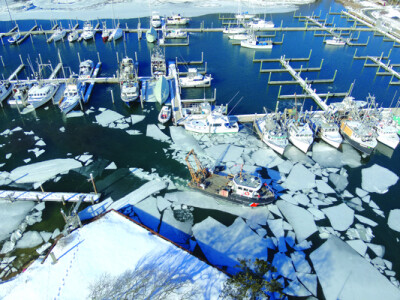Populations of Atlantic salmon have a surprisingly good capacity to adjust to warmer temperatures that are being seen with climate change, a group of scientists at the University of Oslo and University of British Columbia have discovered. The finding about Atlantic species adds to recent UBC-supported research on heat tolerance of Pacific salmon.
The new study, a collaboration between Norwegian and Canadian researchers, was recently published in Nature Communications. Funded by the Norwegian Research Council, it addressed questions around how climate change might affect salmon species distribution and abundance.
UBC authors of the study include Katja Anttila, a postdoctoral fellow who now works at the University of Turku in Finland, and Tony Farrell, Chair in Sustainable Aquaculture.
Scientists studied wild salmon from two European rivers. They compared a cold-water population from Norway's northern Alta River, where water temperatures have not exceeded 18 C for 30 years, with warm-water populations from France's Dordogne River, located 3,000 kilometers south, where annual water temperatures regularly exceed 20 C.
Eggs from both populations were hatched at the University of Oslo, where they were raised at 12 C or 20 C. Despite substantially different natural environments, both populations had remarkably similar capabilities when warmed.
Read the full story at Science News Online>>
Want to read more about Atlantic salmon? Click here...






